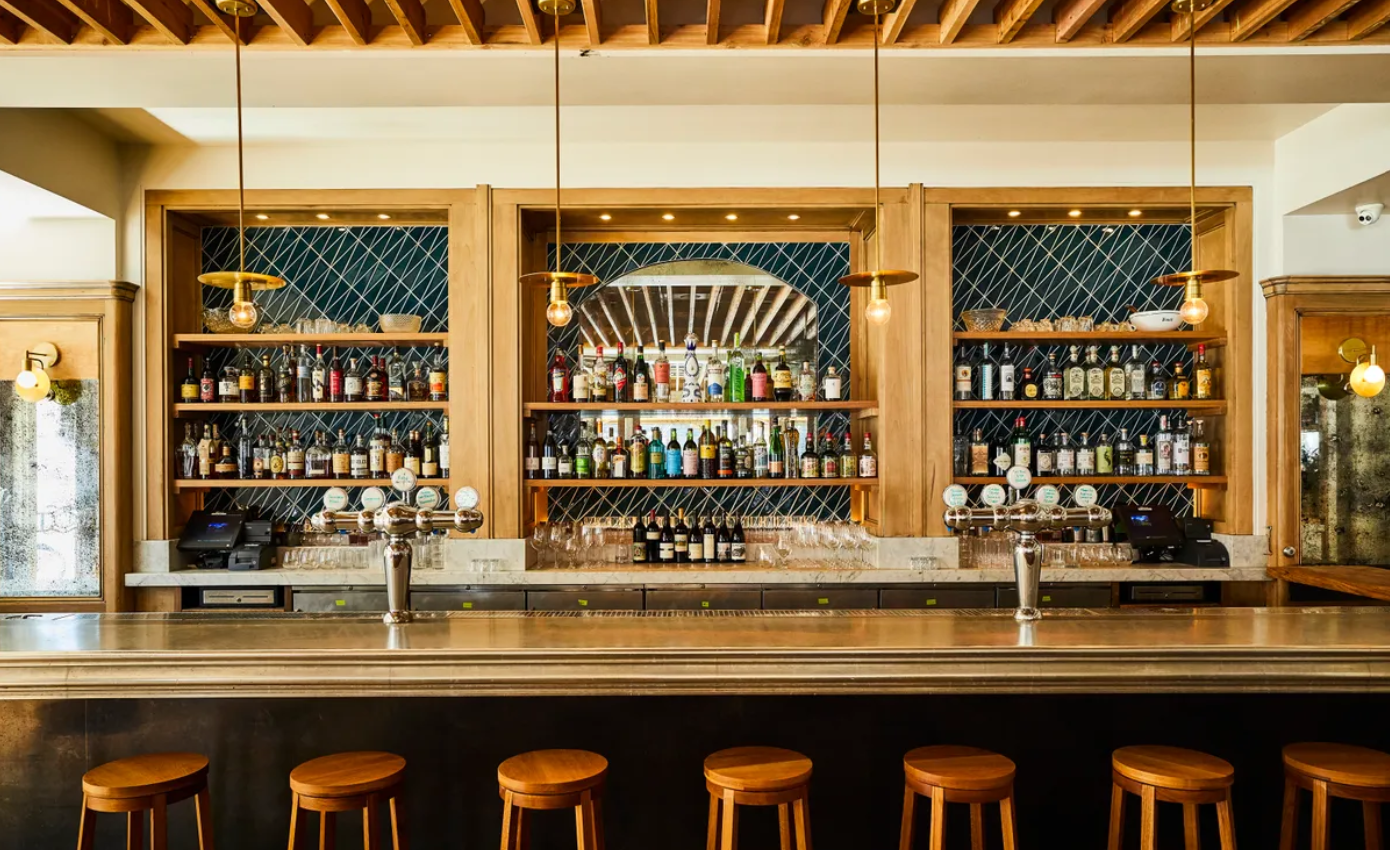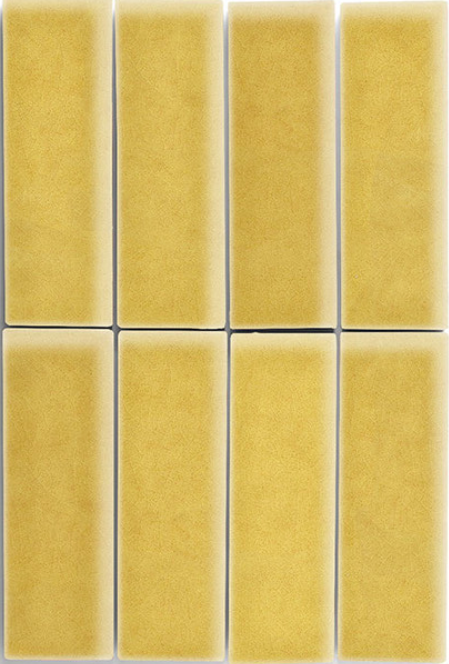Low-Impact Design: More Than a Trend, a Commitment to the Future

We live in a world where consumption is the shorthand for success. Bigger, newer, flashier—but also more wasteful, more extractive. In hospitality, this mindset is quietly dying. Because when you welcome someone into your space, you can’t offer them cheap theater built on broken ecosystems. You owe them authenticity, transparency … and a legacy that respects the planet. Designing a restaurant with intention—especially low-impact intention—isn’t a boutique exercise or a greenwashing badge. It’s fundamental. It’s the kind of integrity that resonates, even before a guest tastes the food.
What Low-Impact Design Actually Means
Let’s be clear: “low-impact” isn’t just slapping on recycled materials and calling it a day. It’s a holistic stance across the entire journey:
- Material sourcing — where do your tiles, tables, finishes come from? How far do they travel, what footprint did their extraction leave behind, and what happens at end-of-life?
- Energy & resource operations — how your kitchens, HVAC, water systems, lighting schemes are engineered.
- Human systems — the labor, maintenance, flexibility of your design. Can your space adapt, shift, heal without tearing everything down?
- Emotional & aesthetic integrity — can your design feel dignified, warm, sensory, without hiding its ecological DNA?
Often, designers speak of materials like “sustainable,” “reclaimed,” “carbon-neutral.” But the real test is the story behind them, the networks they empower or exploit, the lifespan of that choice. A recycled floor is only meaningful if it remains durable, repairable, beautiful.
Why Hospitality Must Lead This Shift
Because hospitality is human.
Just as ROY argues that brands win by centering people, not platforms, low-impact hospitality demands a re-centering of care—care for place, care for resource, care for future guests.

Because guests are awakening.
People increasingly expect more than Instagram backdrops. They’re reading labels, asking about origin stories, seeking brands that earn their patronage. If your design betrays waste or superficiality, you lose trust.
Because long-term makes good business.
Durability, modularity, local supply chains—they’re not just ethical. They reduce risk, reduce maintenance, increase resilience against global supply shocks, and keep your operating costs in check.
Because design is a chance to inspire new mental models.
Your restaurant doesn’t just feed: it teaches, it shows what care looks like, what possibility feels like. Guests carry those ideas with them.
Where the Challenge Lives (And Where the Magic Can Be)
- Sourcing friction: The local, low-impact materials you want may not be scaled or well catalogued. You’ll need to be a detective, a connector, a negotiator.
- Cost perception vs. reality: Low-impact choices are often held up as “too expensive.” But a lot of that is legacy markup, lack of volume, or poor system integration. When designers and operators speak each other's language, can find smarter tradeoffs.
- Performance skepticism: People worry that “eco” equals compromised aesthetic, durability, or hygiene. Our job is to prove that the opposite is possible.
- Institutional inertia: Owners, investors, permitting authorities, engineers—many are used to old norms. You’ll need translation, advocacy, evidence.
- The unknowns: Some of the best ideas haven’t even been invented yet. What if a tile self-regenerates? Or a lighting fixture captures carbon?
This unknown frontier is what excites me most: the chance to pioneer, to experiment, to learn.
Let’s Talk, Together
%20(1).png)
If you want to dig deeper — to wrestle with tradeoffs, to meet others who care, to spark ideas you didn’t know were possible — join us:
🗓 Wednesday, November 19
📍 Fireclay Tile Showroom – San Francisco
🍸 Happy Hour, Panel Talk, Roundtable
🕠 5:30–7:30 PM
🎟 RSVP → HERE
We’ll talk real things — the compromises, the heroics, the questions we don’t yet know how to ask. But mostly we’ll connect, imagine, provoke.
Because designing hospitality for tomorrow means more than “doing less harm.” It means believing in care—care for the planet, care for people, care for legacy. That’s the hospitality that lasts.
Hope to see you there.
